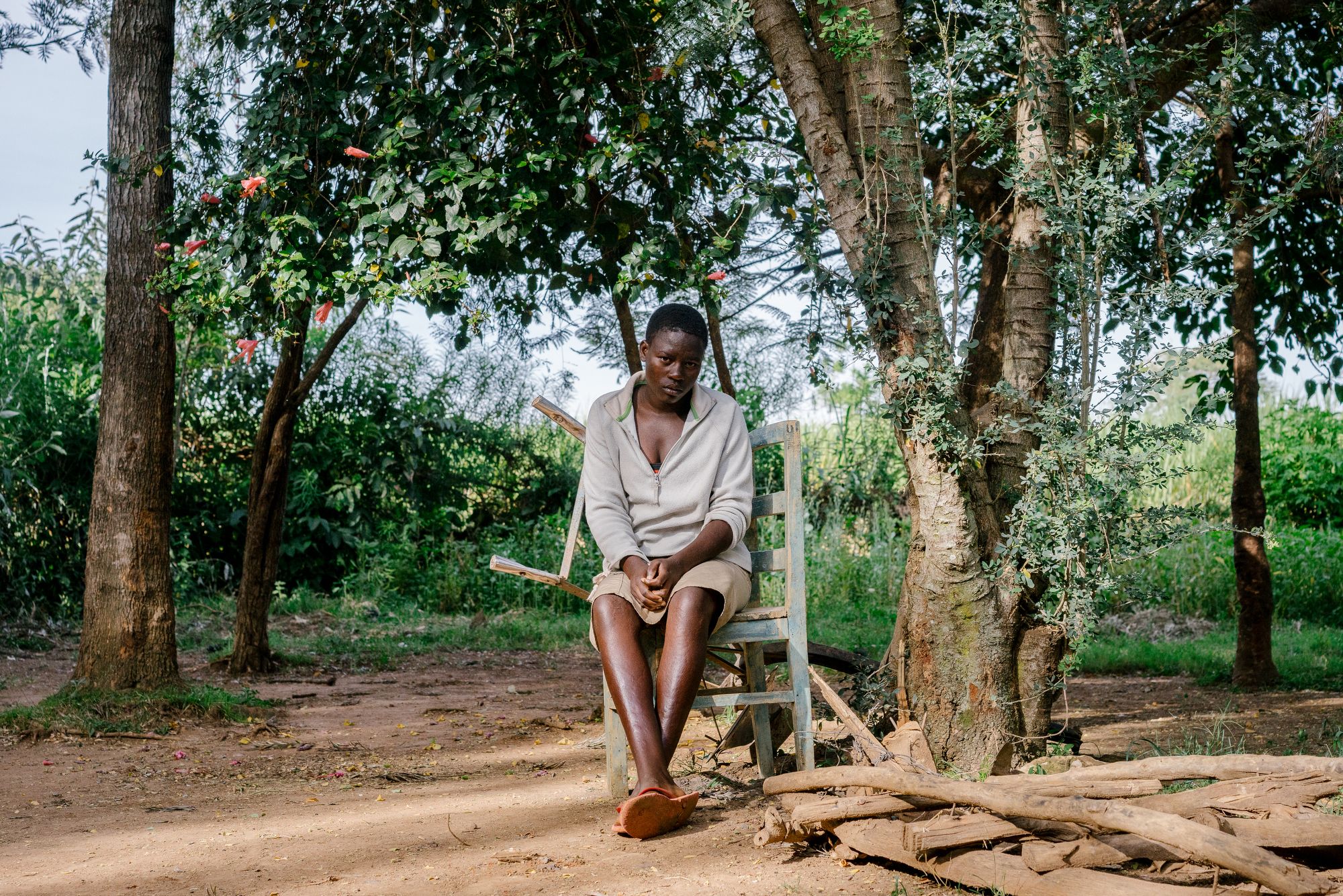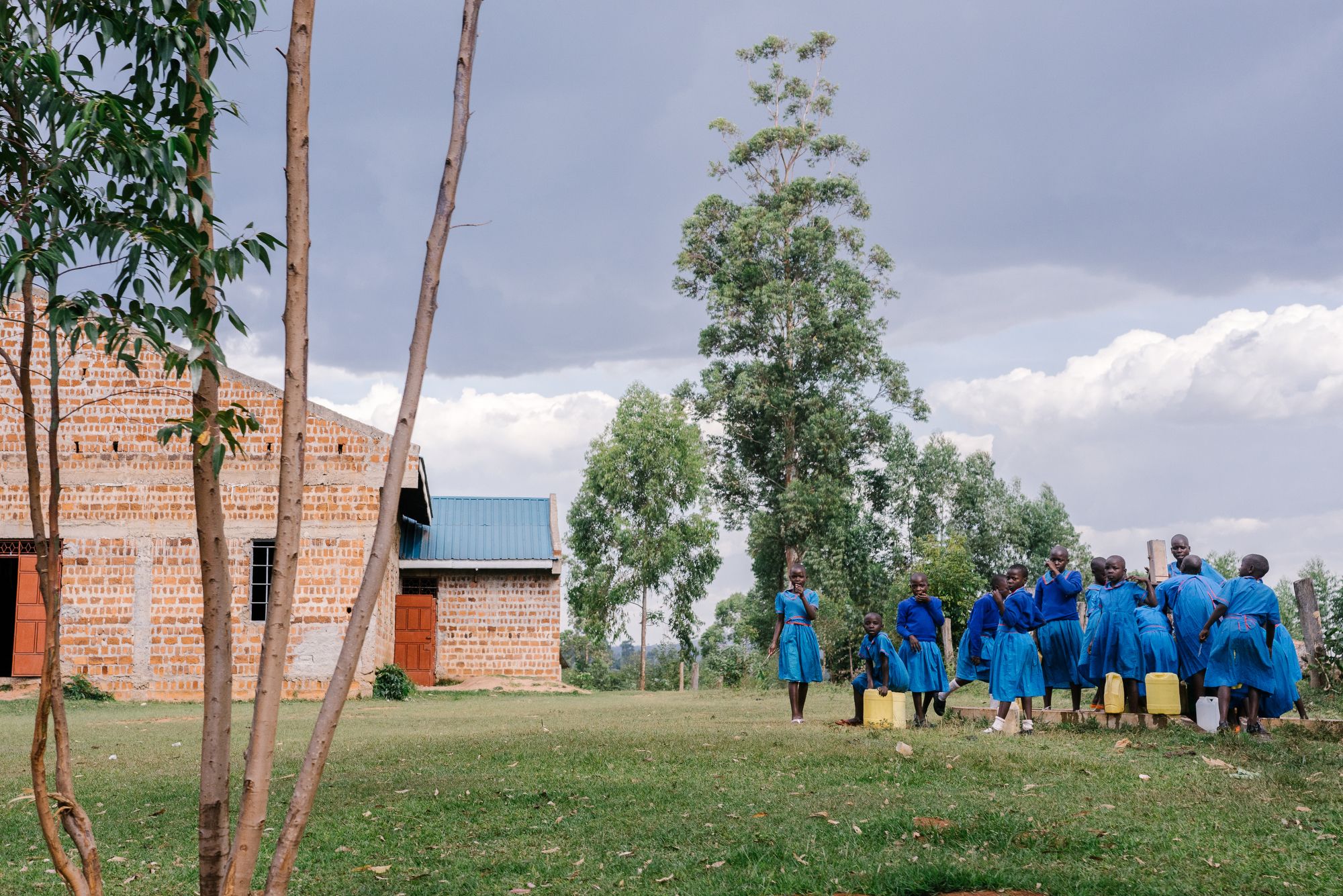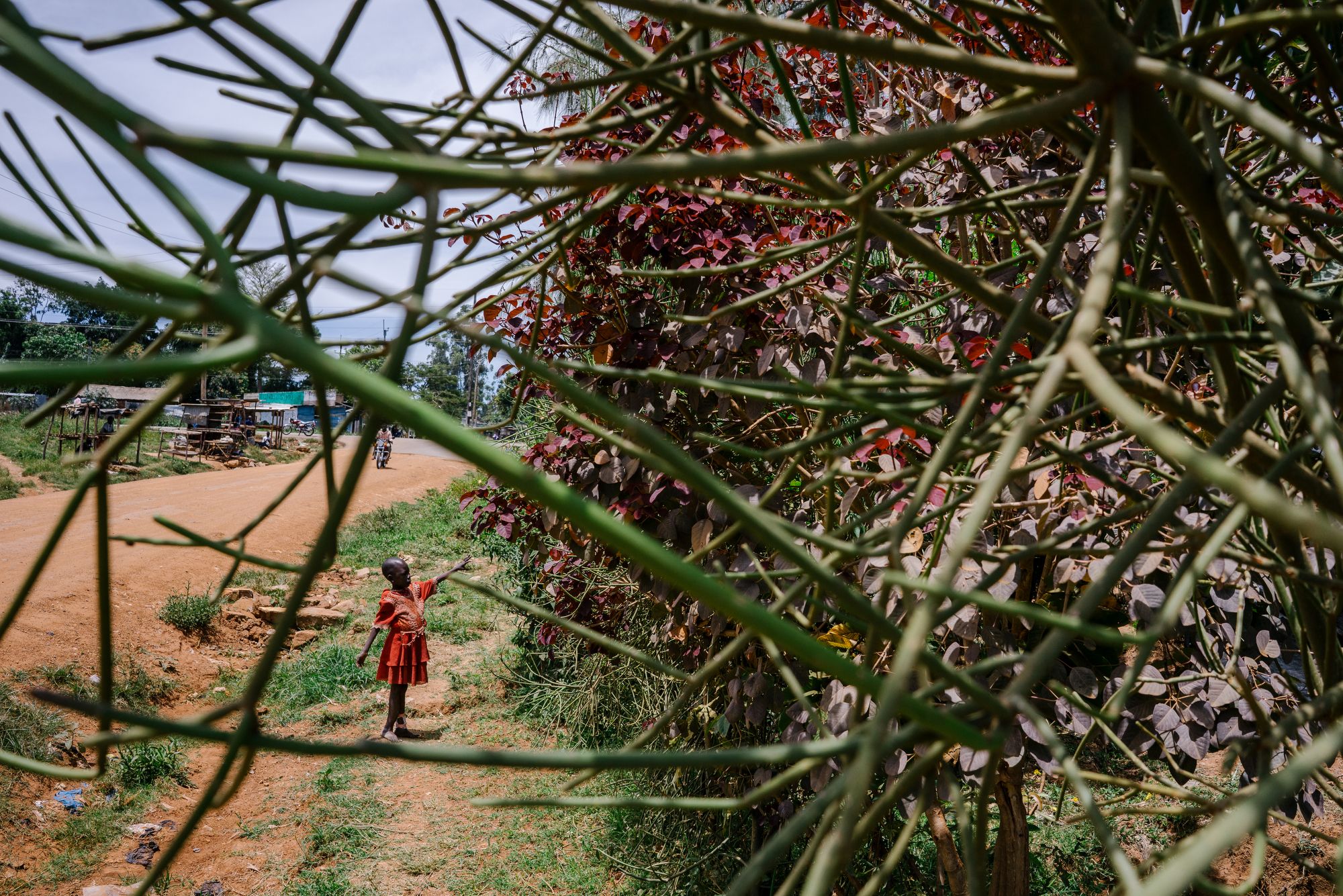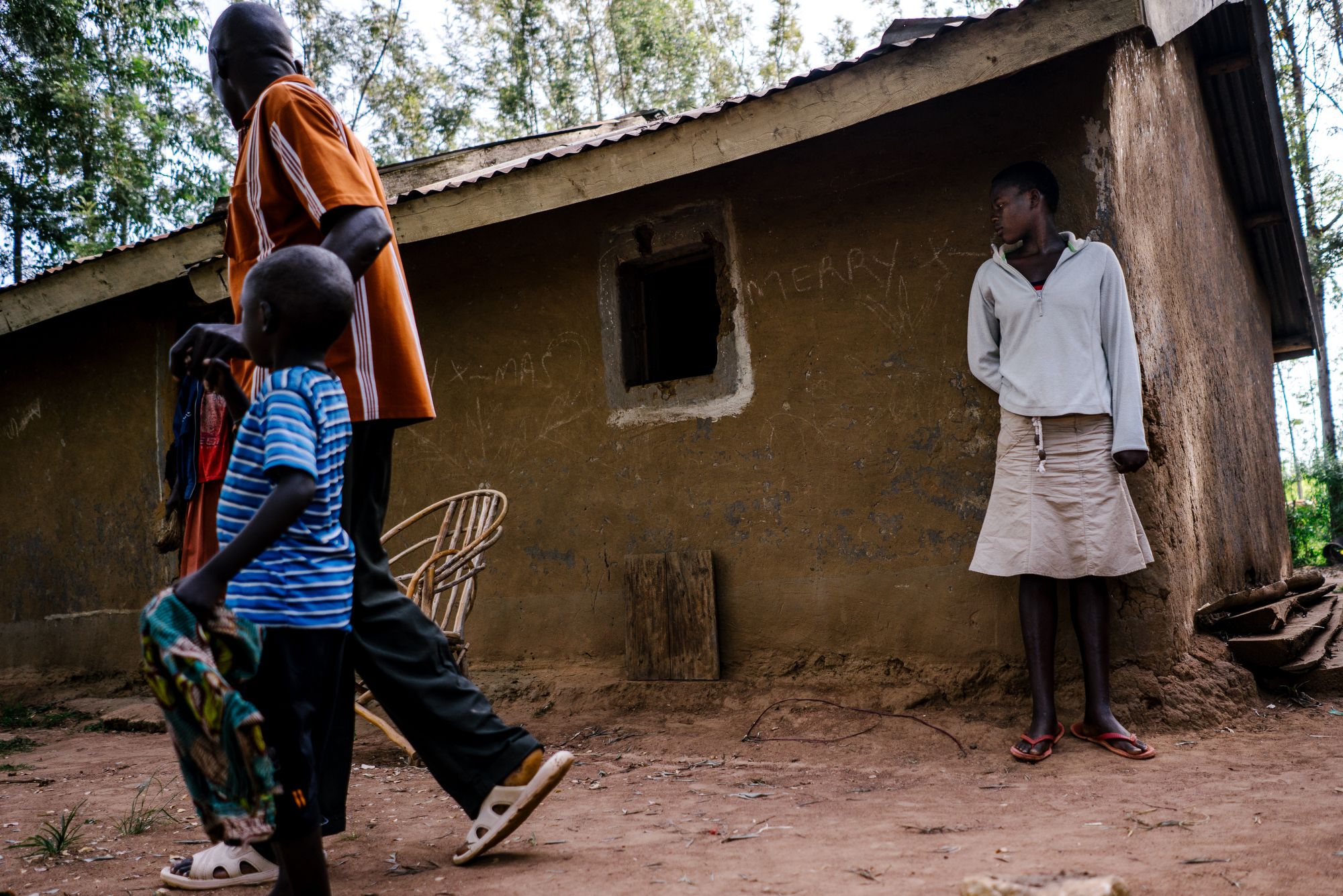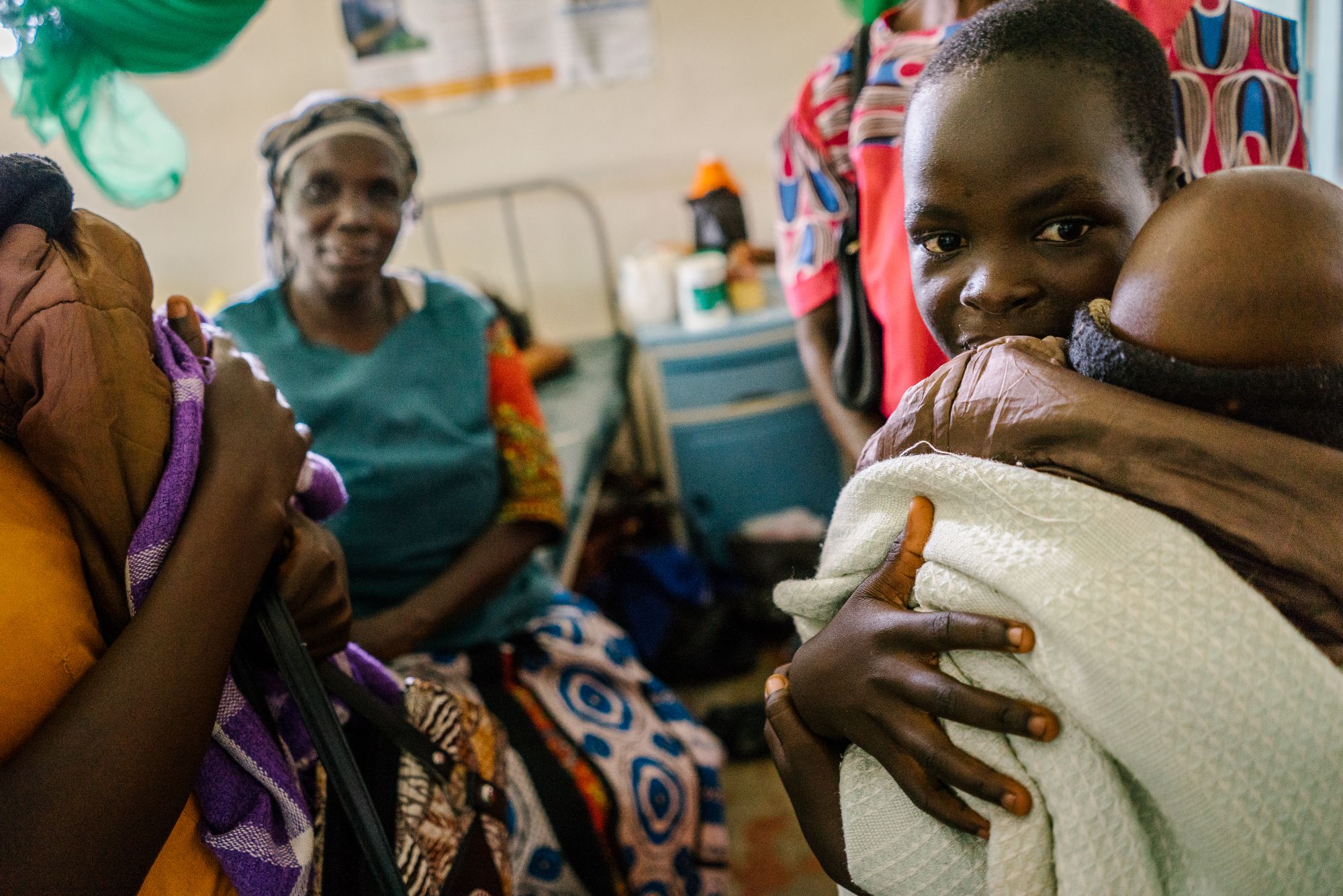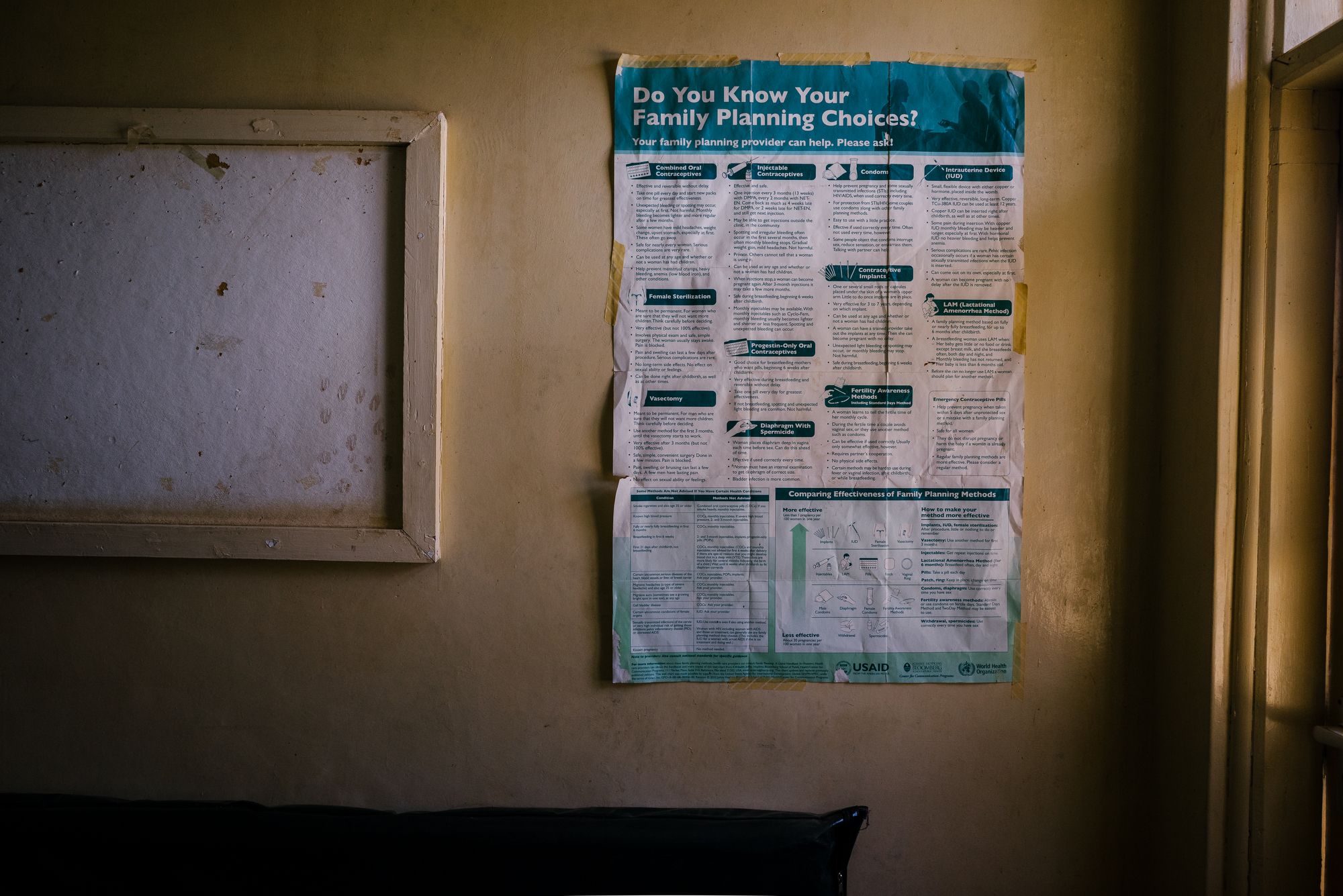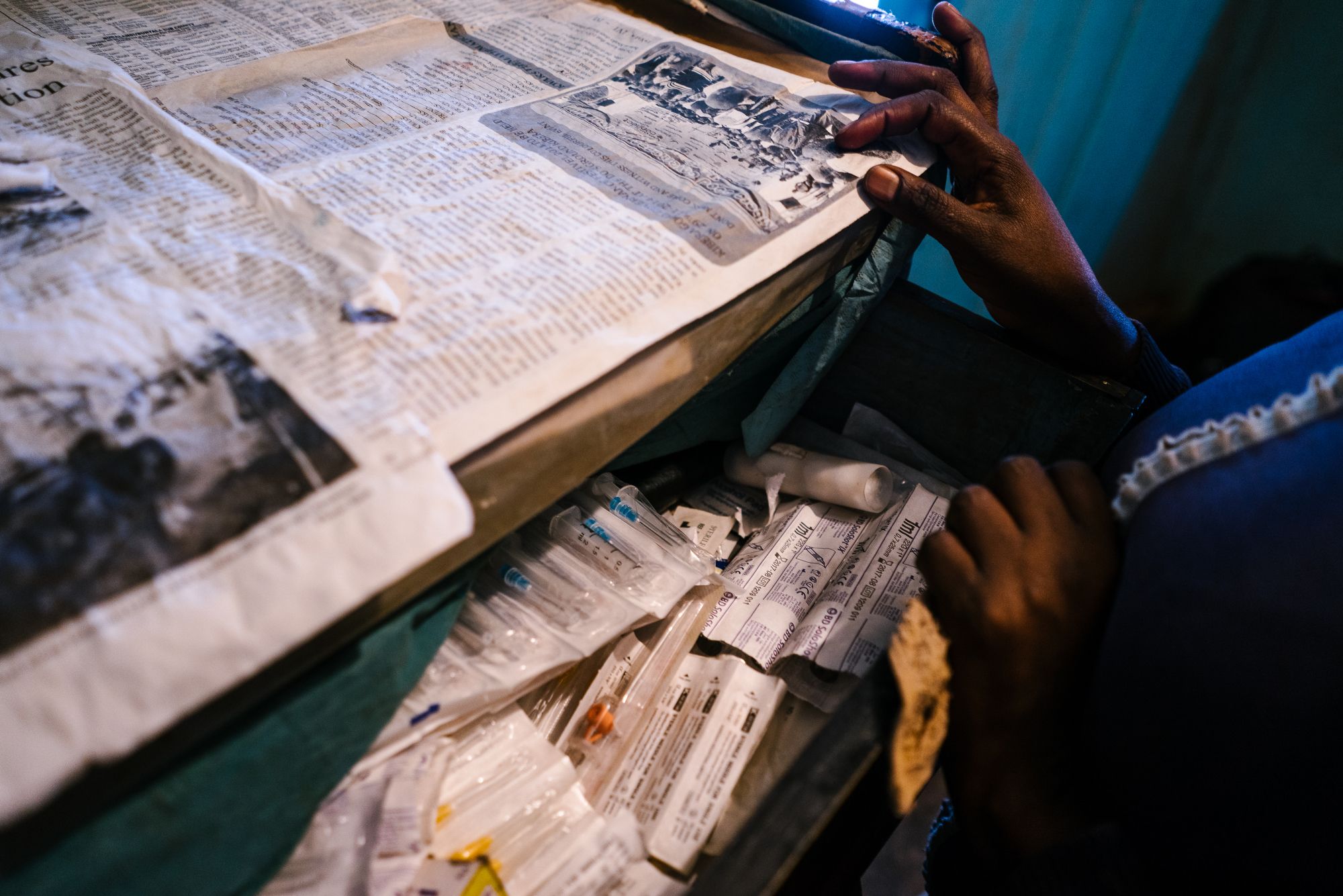February 08, 2016 | Pulitzer Center
By
Jake Naughton
In rural western Kenya, access to safe abortions is next to impossible, despite the new constitution guaranteeing free and legal abortions to women who meet certain criteria.
As a result, women are left to seek out untrained abortion providers, or beg a skilled clinician to provide one and risk losing their job. Consolatta Waula was one such woman. Raped by a local politician at 16, she was forced to get an unsafe abortion, and as a result, she developed sepsis and nearly died.
Health providers don’t want to leave young women like Consolatta at risk, but they report being harassed by police and community members and are afraid of losing their jobs. Meanwhile, women like Consolatta remain at grave risk.
